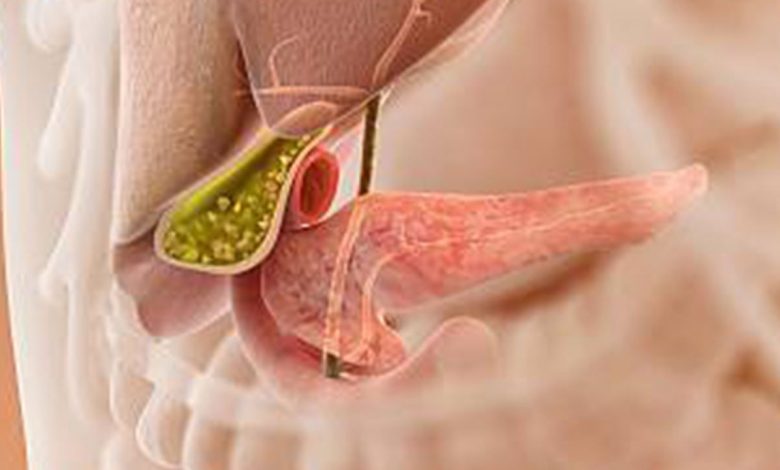Bladder Cancer Treatment: Surgery and Oncology to Restore Quality of Life

Beginning in the urothelial cells, bladder cancer is the most common type of cancer (cells that line the urinary system). When diagnosed early, such cancers are easily treatable. But unfortunately, even early-stage cancers can come back despite the successful treatment. So, people typically need to appear for follow-up tests for years.
The type of treatment offered by the best oncologist in Mumbai varies from person to person. It depends on the overall health of the patient and several other factors as well. It is better to think critically and make shared decision-making where the patient and doctor work together to cure bladder cancer. Before we move ahead, we should familiarize ourselves with bladder cancer’s common symptoms and side effects. This will help us avoid unusual situations.
Symptoms of bladder cancer
- Hematuria (blood in urine)
- Frequent urination
- Difficulty and pain while urination
- Back pain
Side-effects of Bladder cancer
- Infection
- Blood clot or bleeding
- Risk of complication due to anesthesia
- Erectile dysfunction
- Damage to the nerves near the pelvis
- Low sexual desire
- Acid-base balance alteration
Bladder cancer treatment
There are two methods of treating bladder cancer- Surgery and Medication administration.
Surgery
In the surgical procedure, the tumor and the surrounding tissues are removed. This prevents the spread of cancer. Typically, there are three types of bladder cancer, and they are as follows:
Transurethral bladder tumor resection (TURBT)
During TURBT, the surgeon administers anesthesia to numb the pain. Next, they insert a cystoscope into the bladder through the urethra. Finally, surgeons use a tool with a small wire loop, a laser, or high-energy electricity to remove the tumor.
Patients with non-muscle-invasive-bladder cancer can avail of other treatments like intravesical chemotherapy and immunotherapy. However, for patients with muscle-invasive bladder cancer, patients are recommended radiation therapy along with TURBT.
Radical cystectomy
In this surgical procedure, the entire urinary bladder is removed along with the nearby organs and tissues. In addition, the nodes in the surrounding regions are also removed. However, surgeons only remove the urinary bladder. This is called a partial cystectomy, which is not advisable for people with muscle-invasive bladder cancer. Surgeons who perform this type of surgery should have a great experience as it is a complex process.
Urinary diversion
The urinary bladder is responsible for storing urine. When surgeons remove it, they create a new passage using a small section of the intestine or colon. Patients must wear a bag attached to this new passage (called a stoma), and the urine is collected. Occasionally, surgeons create a reservoir using the large intestine that sits inside the body. This does not require an external pouch. Draining of the urine is done using a catheter in this method.
Therapies using Medication
Doctors sometimes use drugs to cure bladder cancer. You can administer medications either systemically or locally. In the systemic method of administration, the drug is administered through the intravenous path. While, in the local method of administration, the drug is directly applied to a body part.
A patient can receive these medications in combination or individually. It depends on the treatment plan of the patient. Herbs and supplements can cause unwanted side effects. So, it is better to consult the best Mumbai oncologist before their use.
Medication types used to treat bladder cancer are as follows:
Chemotherapy
Chemotherapy is the most common type of drug for destroying cancer cells. It prevents the cancer cell from growing, dividing, and multiplying. There are 2 types of chemotherapy – Intravesical and systemic chemotherapy. The side effects of chemotherapy depend on the treatment and individual drug. However, it typically includes loss of appetite, taste changes, nausea and vomiting, bleeding, diarrhea, and hair loss. The side effects go away as soon as the treatment is over.
Immunotherapy
Immunotherapy is when our body uses natural defense to improve the immune system. It can be administered both locally and throughout the body. Some common effects include fatigue, skin reactions (such as itching and rash), flu-like symptoms, thyroid gland function changes, etc. It is better to consult the best oncologist in Mumbai before getting onto any kind of medication.
Targeted Therapy
Targeted therapy focuses on cancer-specific genes, proteins, and tissues contributing to cancer growth and survival. This therapy limits the damage to healthy cells of our body as it prevents the spread and growth of cancer cells. The best oncologist in Mumbai may run a genomic test to identify the genes and other elements in our tumor cells. This helps them provide effective care to the patients. However, before proceeding with any medication, we must familiarize ourselves with its side effects.
Radiation therapy
Radiation therapy refers to using high-energy rays such as x-rays to destroy cancer cells. One of the most common radiation therapies is external-beam radiation therapy. Though radiation therapy is not the primary treatment for patients, it is made use of along with systemic chemotherapy. Side effects of radiation therapy include mild skin reactions, fatigue, and loose bowel movements. In addition, in rare cases, the patient may experience bleeding in the urine or rectum. Typically, these side effects go away once the treatment is over.





